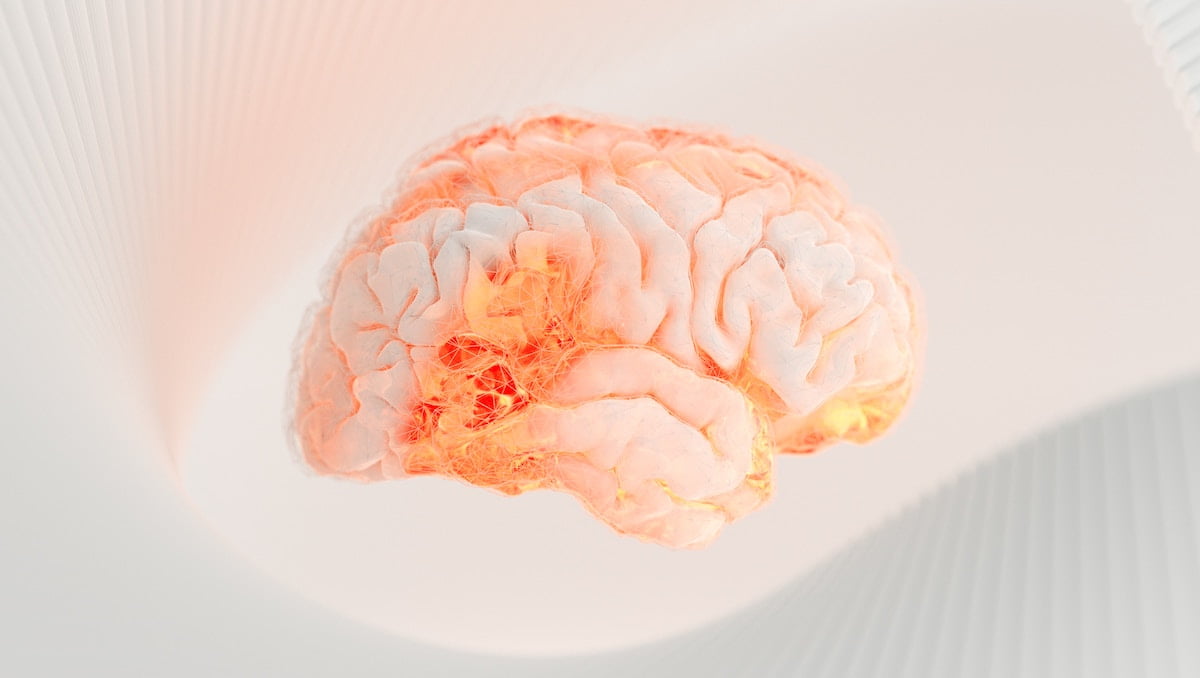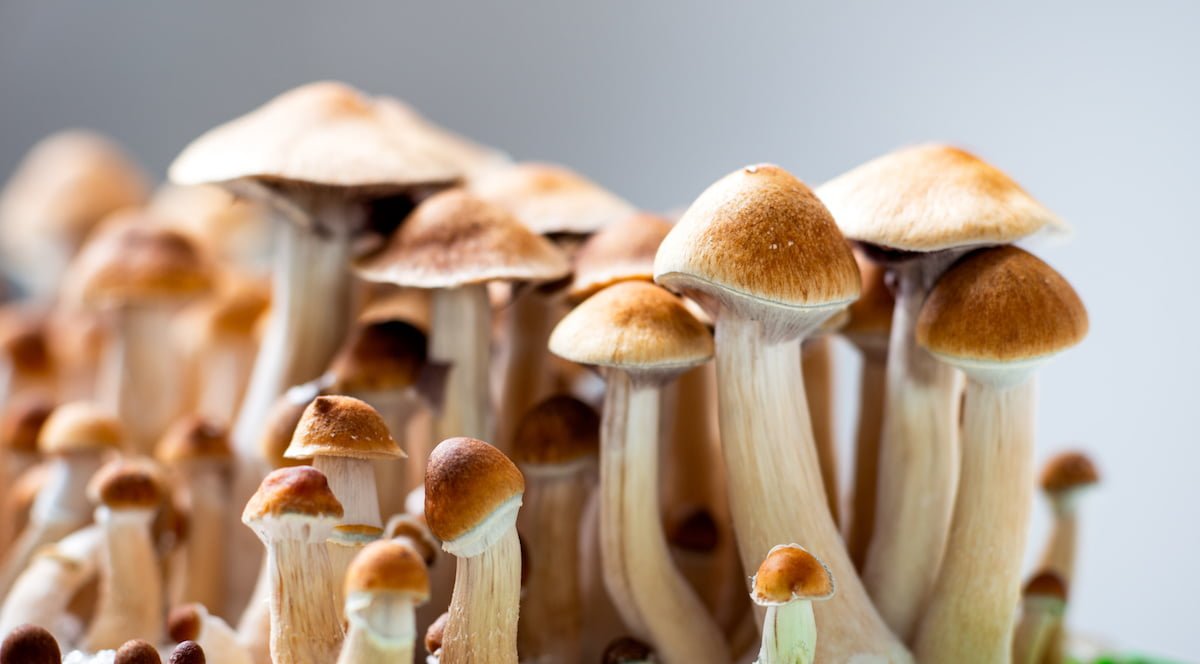As the mental health crisis continues to escalate, those suffering from mental health issues are seeking new solutions to combat PTSD, depression, anxiety, trauma and other conditions.
For many, psychedelic medicines have brought new hope and have proven to be more effective than traditional pharmaceutical medications which often come with adverse side effects and only treat symptoms. Instead of being viewed as a last-ditch effort, psychedelic medicines, and specifically ketamine therapy, should be considered as a first line of defence.
Merging the healing benefits of ketamine with healthy lifestyle practices can help provide a full mental reset. Treatments typically last under one hour and ketamine’s near immediate and profound therapeutic effects can last anywhere from days to weeks.
While it varies per person, six treatments provide a true and enduring healing effect for most people, with remarkable improvements typically reached by the fourth session.
What is ketamine?
The only federally legal psychedelic compound in the U.S. (FDA approved since the 1970s as a general aneasthetic), ketamine is one of the safest and least toxic aneasthetics on the market. It is the number one peadiatric choice for sedation of children.
On the World Health Organization’s list of ‘Essential Medications,’ ketamine is now considered the biggest breakthrough for mental health treatment in more than 50 years.
In fact, ketamine is now a major model for future psychiatric drug development, highlighted by the U.S. Department of Veterans Affairs for its unmatched ability to treat PTSD.
What does ketamine treat?
Ketamine can treat a variety of mental health conditions, including depression, anxiety, post-traumatic stress disorder (PTSD), suicidal ideation, obsessive-compulsive disorder (OCD), bipolar disorder, addiction and more.
There are many benefits of ketamine therapy, such as taking back control of your life, experiencing freedom to make choices with a clear mind, leaving the past behind and venture into a bright future, general improvement of mood, and increased mental wellbeing.
It can also provide the ability to “let go” of trauma, discover a new sense of self, find happiness, gain increased resilience to stress, break free from harmful and obsessive cycles, discover a sense of balance, enjoy increased quality of life and relief from pain, and become the best version of yourself.
Ketamine helps interrupt patterns of tormented moods, thoughts and behaviours, allowing people to create newer, healthier and more enjoyable patterns in their lives.
How does ketamine work?
Ketamine physically remaps and restructures the neural pathways in the brain, which causes neuroplasticity or new neuron connections in the brain, and it turns on receptors in the brain that create dopamine.
Ketamine binds to receptors in the brain that increases the amount of the neurotransmitter glutamate that is released. This sets off a chain of reactions within the brain that affects thinking and emotional regulation.
Simply put, the brain reacts to ketamine in a way that triggers hormones that help create feel-good emotions. This effect also occurs quickly after a person receives their treatment, but some people may need several treatments before they experience the highest level of benefit.
According to experts at Harvard Health, ketamine can also improve physical health. For example, ketamine infusions are known to reduce the body’s signals for inflammation and improve communication with the brain. There is still more to learn about ketamine’s general health benefits for cells, activating mTor pathways that anti-aging researchers focus on, and helping the brain grow new connections, neurons and dopamine receptors.
Ketamine’s potential to treat brain diseases, pain, inflammation and auto-immune conditions is just now being discovered and the future looks bright.
Ketamine can be administered in a number of ways including intravenous infusion (IV), intramuscular injection (IM), intranasally, orally, and sublingually (as a dissolving troche or lozenge). Each route varies in the onset of action (time), bioavailability (absorption), and clearing time and also varies for each person.
Spiritually, how does ketamine work?
Ketamine, like other psychedelics, works as a gateway to the unconscious mind — but it’s not a true psychedelic. It is a dissociative that can result in profound psychedelic experiences. Ketamine is known to cause mystical experiences which can lead to a sense of oneness and reveal the sacredness of all things.
Current research is bringing more of an understanding of how these elevated states of consciousness can be used to create happier, more joy-filled lives. Ketamine therapy’s approach is meant to heal the mind, body, and soul. Current research shows over 80% of ketamine therapy participants have a “significant spiritual” component to their experience.
To ignore patients’ ability to connect with their spirituality through ketamine therapy would be short-sighted, as spirituality reveals itself to be such an integral part of wellbeing.
How does ketamine differ from antidepressants?
Common antidepressants that can take several weeks to take effect, as they increase the number of neurons. However, ketamine can result in behavioural changes immediately by increasing the activity of restructured neural pathways.
Aside from working more quickly and with far fewer doses than conventional antidepressants, ketamine works on a different receptor, Glutamate, which exists in greater quantity in the brain than serotonin and other less prevalent neurotransmitter receptors which most psychiatric medications focus on. Ketamine is truly revolutionising the psychiatric medication paradigm.
What are the outcomes of ketamine therapy?
In just a few short sessions, ketamine therapy can help those suffering from mental health conditions to get on track to healing. It can replace years of talk therapy in just a few treatments. Unlike traditional pharmaceuticals, which often just treat the symptoms and have negative side effects, ketamine is not a mask or a band aid. It gets to the root cause of the suffering. It doesn’t just treat the symptoms, but instead gets to the underlying issues.
While common to find relief as soon as their first session, significant improvements are typically seen by the fourth session, and the greatest, most enduring results are usually seen with no more than six sessions in total. In our clinic, fewer than one out of eight patients find the need to extend their initial treatment beyond six treatments.
No patients need to continue treatment for months at a time. The enduring benefit of ketamine leads few patients, approximately 25%, to seek some form of additional treatment (usually 1-3 sessions) over the 18-months following their initial treatment.
Compared to less effective medications which need to be taken daily, the lasting relief ketamine therapy provides is often more attractive than the traditional ongoing medication treatments typical in mental health care.
What you should know about ketamine clinics
As ketamine clinics are becoming more commonplace, how do you choose the right one?
Receiving ketamine therapy in a safe, supervised environment is key. Be sure to look for a clinic or provider that specializes in ketamine. Ketamine-trained nurses, therapists and medical professionals should be present. First-hand experience of the medicine is ideal, so finding a clinic with knowledgeable and experienced professionals can lead to better outcomes for the individual.
Integration is key. Implementing new habits and pairing ketamine with talk therapy/integration therapy, education, a treatment plan, and psychiatric consultations, as well as meditation and breathwork, is integral for the best possible outcome.
With ketamine therapy, there is hope and there is help.


 Opinion2 years ago
Opinion2 years ago
 Insight3 years ago
Insight3 years ago
 Medicinal2 years ago
Medicinal2 years ago
 Research2 years ago
Research2 years ago
 Medicinal2 years ago
Medicinal2 years ago
 Markets & Industry1 year ago
Markets & Industry1 year ago
 News3 years ago
News3 years ago
 Medicinal2 years ago
Medicinal2 years ago


















